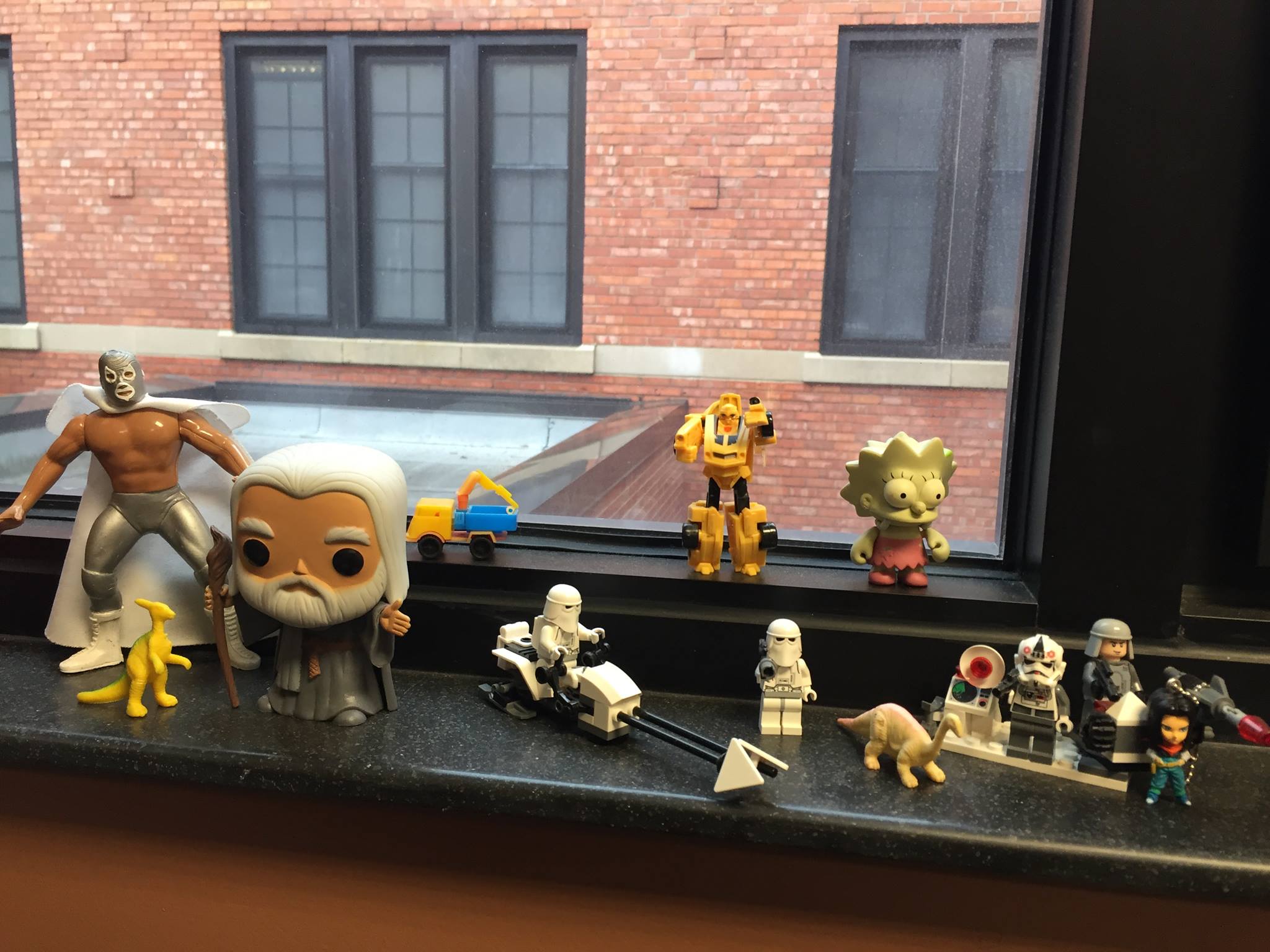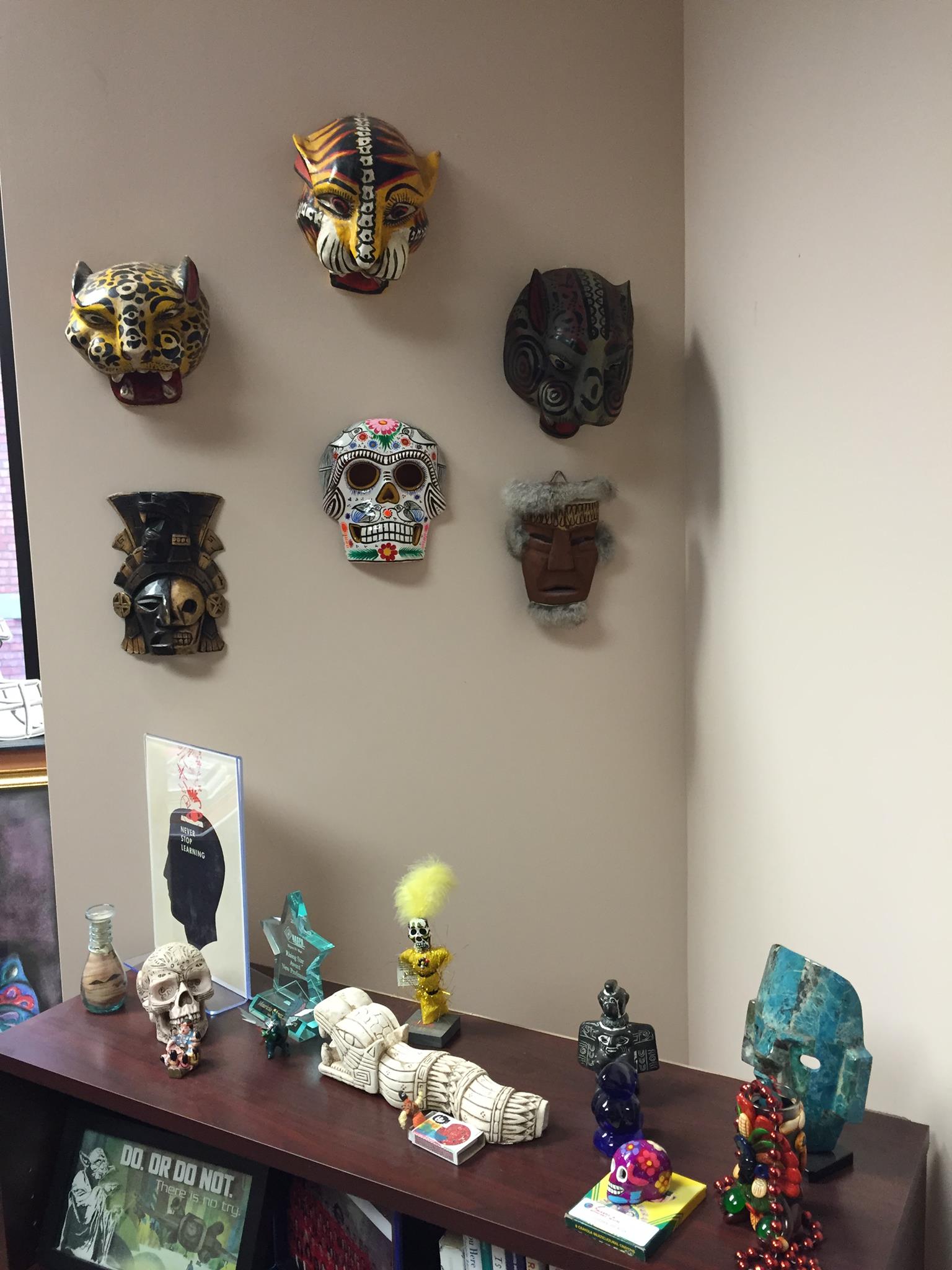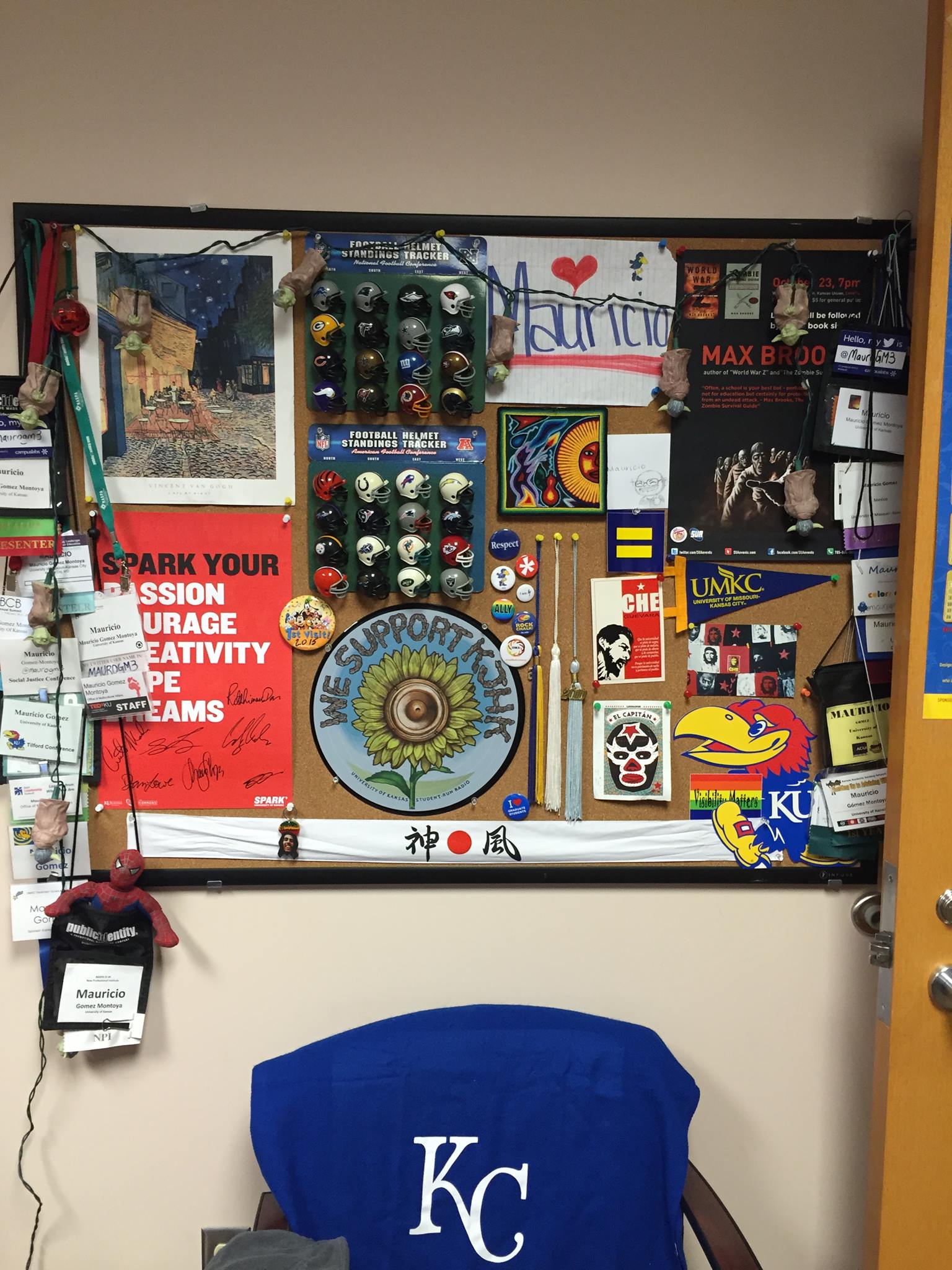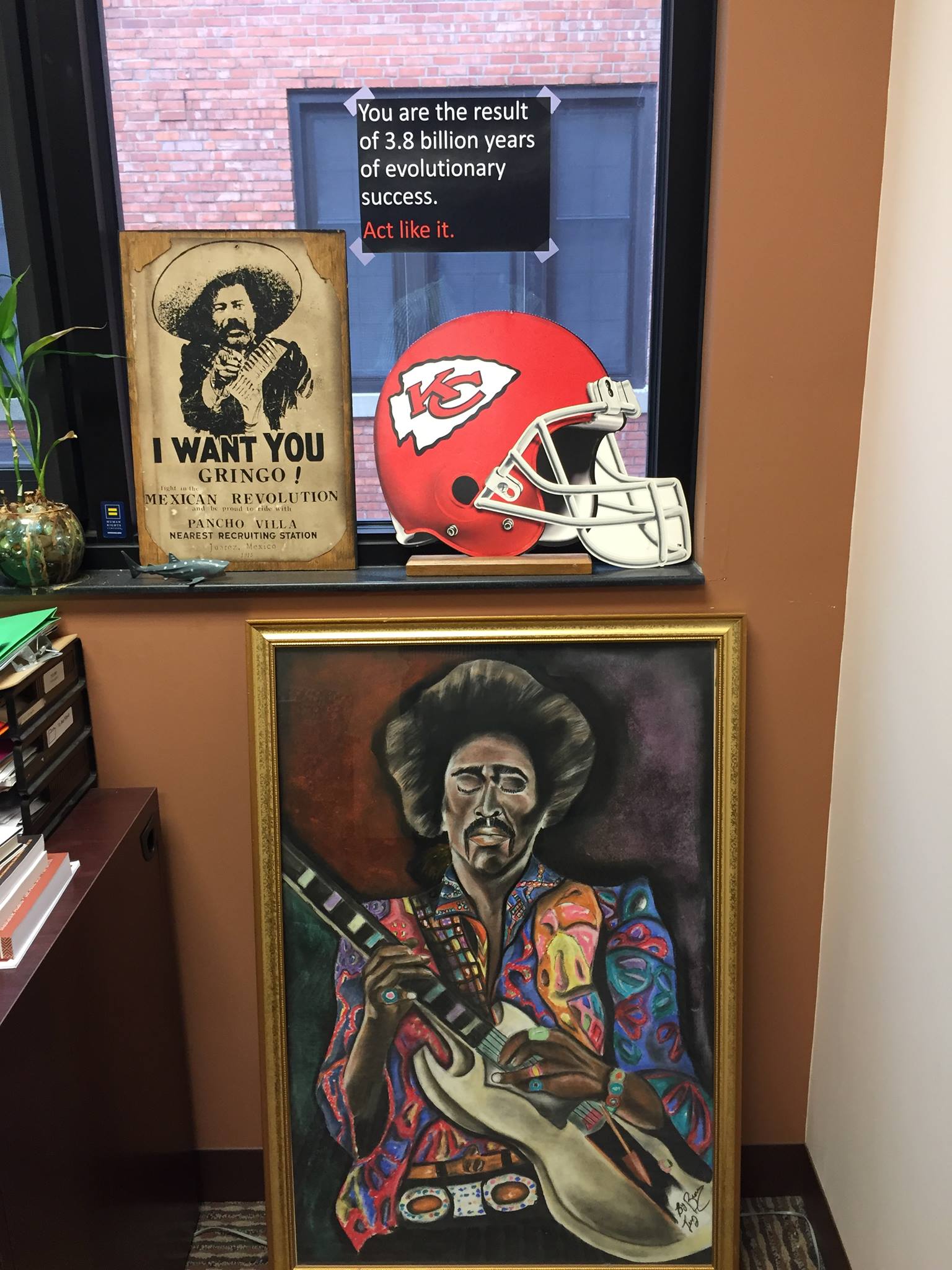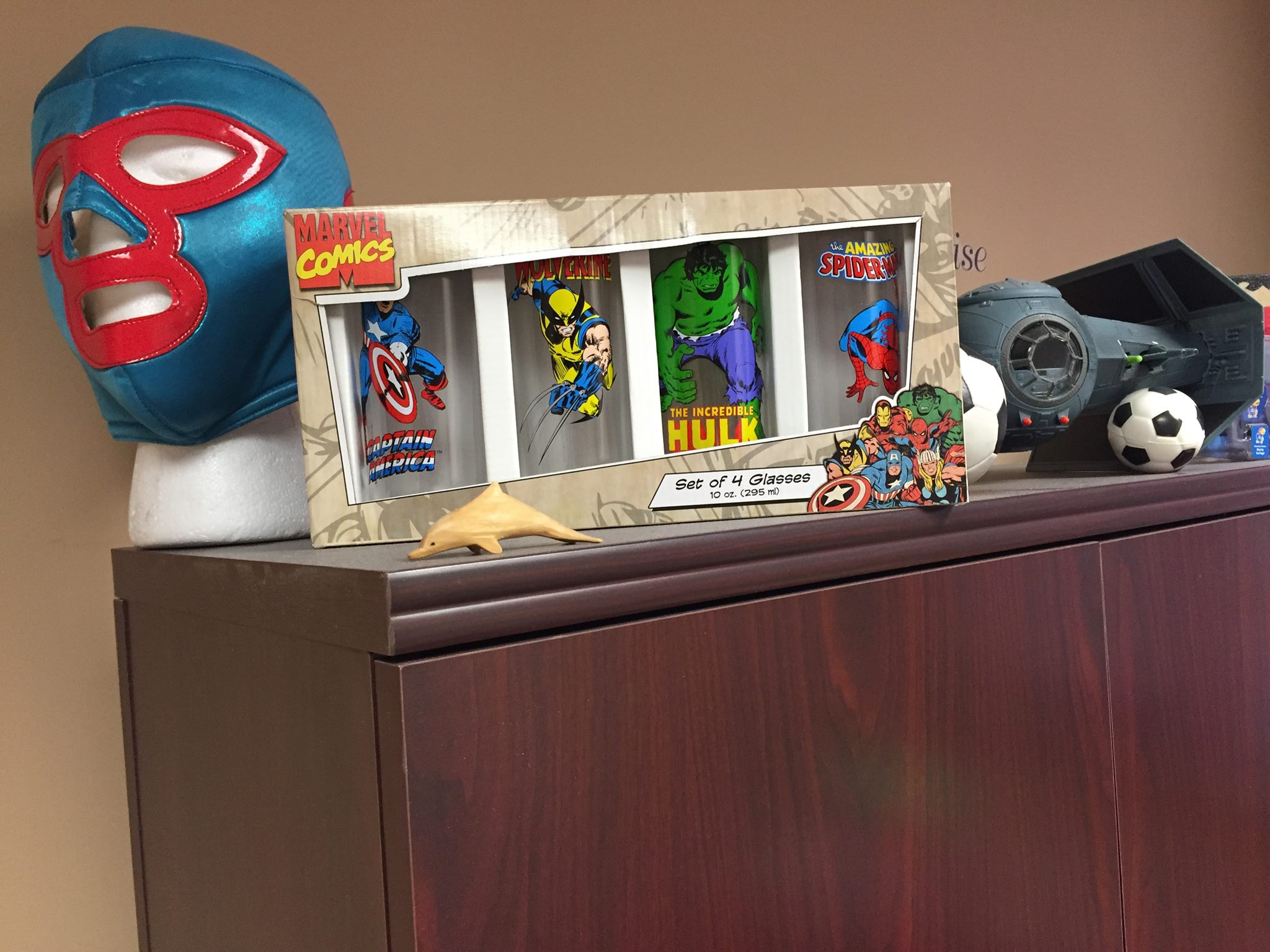#SAGeeks - Breaking the Norm
The SAGeeks series is all about celebrating the geeky and nerdy sides of all of us working in higher education and student affairs. The series is edited by Jenn Osolinski and Lynne Meyer. Check out our resources page for more geeky goodness.
There is a very well known TED Talk by Sir Ken Robinson titled “Do Schools Really Kill Creativity?” In his talk, Sir Robinson speaks about how many K-12 systems are designed in a manner in which those in attendance are expected to conform to certain norms. Sir Robinson shares the anecdote of a student who fidgets, is seen as unruly, different, and is even believed to need medication. Meanwhile when no one is watching, the student dances with a bright smile. To which Sir Robinson asks the question of whether our systems allow the true person to shine, or force conformity to a set of norms.
One recent example of this is the extremely famous YouTube star and self proclaimed geek, Lindsey Stirling. For those who don’t know, Lindsey Stirling, sometimes known as “the dancing violinist,” has over 8 million subscribers, Forbes rated her as one of the Top 30-under-30, and is now the top grossing female YouTube star. Sadly, she did not start this way. She wanted to be her true self, the woman that we now have the privilege of listening to, but her environment did not always allow it.
Lindsey has shared in interviews that growing up she wanted to dance and wanted to play music, but she had to choose because her family could not afford both. She chose violin, but could only afford 15 minutes of lessons a week and was told by her teacher that she would not be successful. After years of dedicated effort outside the 15 formal minutes per week, she became an expert with the violin and she started incorporating dance into her music. Then when she was trying to become a musician the record companies saw her style as unconventional, and she was given no contracts. Many would be disheartened at this point, give up, but Lindsey put her true self out there in the new (at the time) medium YouTube for the simple joy of being herself. No vision of becoming the sensation she now is (no one had been that successful on YouTube), it was just an outlet free from the constraints of the industry. In her passions, she is free, and anyone who has ever seen her feels it emanate through the screen and off the stage. It is this authentic passion in action that can cultivate an inspiration for others to show their true self to the world and tackle dreams that at other times were daunting.
I felt this when I saw one of Lindsey Stirling’s first videos, uploaded in 2011 titled “Zelda Medley” which now has over 28 million views. Later I confirmed this authentic passion when I had the privilege of seeing her perform live. She becomes alive with her passions in action, and I believe that we are better for it.
As Student Affairs professionals, do you bring your true self to your work, or is it yourself to an extent? When talking with others about positive influencers in their lives you often hear about the personal investments made, and the closeness of the relationship. I challenge that if we want to be and do better for students that we should first ensure that we put our authentic passions into action.
Doing so we can can break down barriers, inspire others by being ourselves, and foster positive systems of support that models the way. I believe that this is what has led to Lindsey Stirling’s success. She pours her heart into what she does, lets it shine, and millions of people seem to think that’s a great thing. So why don’t we try?
Bruce Brown currently works in Student Activities at Texas A&M University - College Station. He is the Leadership Program Coordinator for LeaderShape & StrengthsQuest, and advisor for two service based student organizations. Bruce is an avid gamer, grew up outside NYC, completed his MA at BGSU, has traveled to all 7 continents, and even met his fiancee thanks to Legos.
Connect with Bruce via Facebook, Instagram, and add him as a GeekBuddy on BoardGameGeek!


